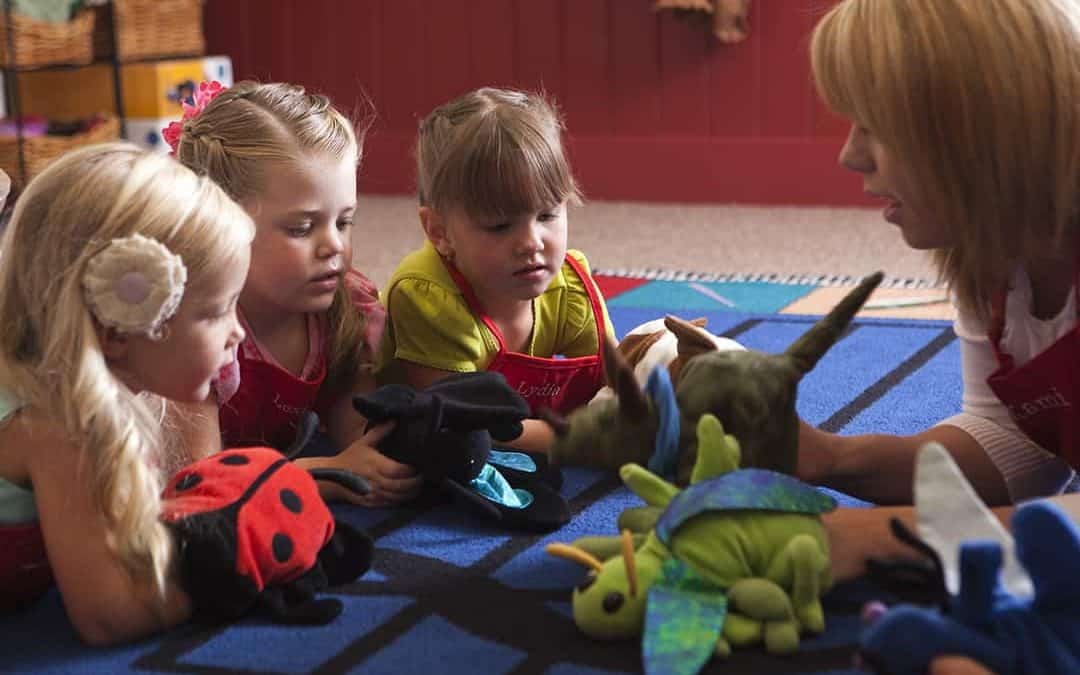As parents and educators, we intuitively know that play is important for children. We know that there is a direct correlation between the amount of self-led play a child is allowed to enjoy and his or her happiness, and we know anecdotally that it’s simply our children’s favorite time of the day. But what effects does play have on learning?
Play is important to the development of children. Not only does it foster creativity, it also helps with many of the processing centers of a child’s development. It helps them “work out” problems, play out things they’ve learned, and make sense of the world around them. It’s also an important way for them to express their thoughts and feelings.
Below are some of the top benefits of play for children:
- Helps them make sense of their world by playing out or expanding on scenarios they’ve experienced.
- Is an important way for children to express their thoughts and feelings.
- Develops social and cultural understanding.
- Acts as a problem-solving tool–the child can test out different ways to handle a situation and work out what potential outcomes may be
- Develops language and literacy skills (Bredekamp & Copple, 1997; Gronlund, 2001; Isenberg & Quisenberry, 2002)
- Allows a child to experiment and learn in real environments (“What happens when I do _____?” “How does this change if I do _______ instead of ____?”
- Helps children think ahead/provides the opportunity for preparing a plan and executing a plan (setting out dishes for a tea party, setting up a train set for cops & robbers play, etc.)
- Enhances leadership and cooperation. Who gets to decide which game to play, and how are the rules communicated?
- Communication. In play, children get multiple opportunities to communicate, either with others, with themselves, with their toys, or generally communicating a story line.
Much of the research on play shows its relationship to the development of children’s thinking and more sophisticated classification skills (Frost, Wortham, & Reifel, 2001; Perkins, 1984; Santrock, 2003)
Einstein was quoted as saying “Play is the highest form of research.” – Albert Einstein. He also said “Imagination is more important than knowledge, for knowledge is limited to all we know and understand while imagination embraces the entire world and all there will ever be to know and understand.”
Play stretches the boundaries of what we already know to what we haven’t yet discovered. It stimulates cognitive processes of exploration and discovery, which help our children open up the world around them.

